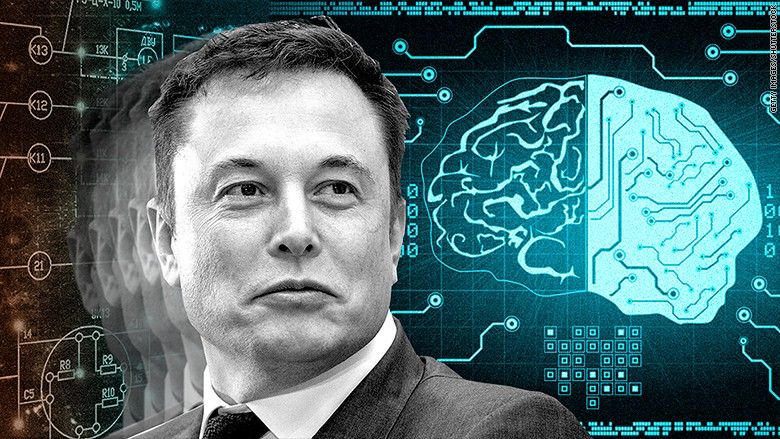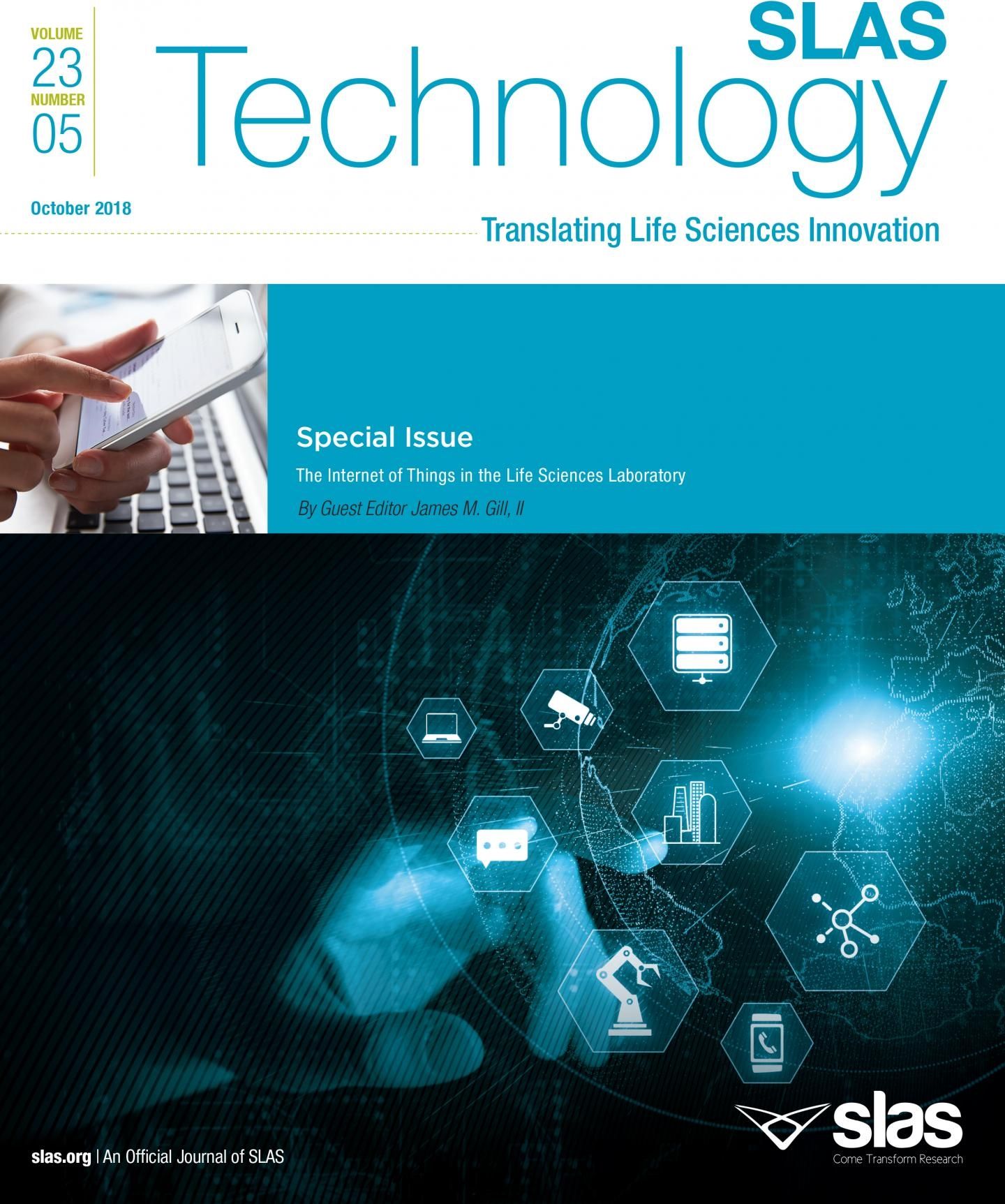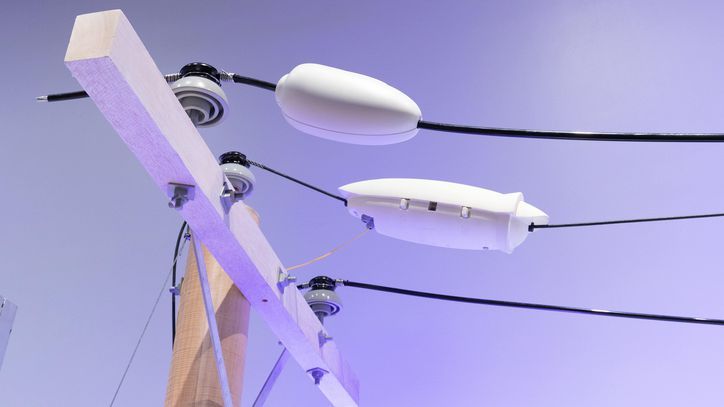Should we trust technology experts? We live in times of incredible innovations and impressive complexity. The last 30 years of technological development overturned our society, and the next 30 will likely reshape the foundations of what it means to be human. Machines have been the wealth engines of our industrial modernity, while data control and artificial intelligence will structure the power battlefields of this century.
It’s not hard then to understand why technologists, computer scientists, engineers, tech-entrepreneurs, IT experts, data analysts, etc — dress the status of champions in our age. They are shipping us into the wonders of Web 3.0, Industry 4.0, 5G communications, the blockchain transition, the G (eneticengineering). R (obotics). AI. N (anotechnologies) Revolution…and another thousand of cryptic acronyms forbidden to ordinary mortals.
We are flooded with tech-narratives. Let’s start by playing with our imaginations. What does naturally come to your mind if I say:




